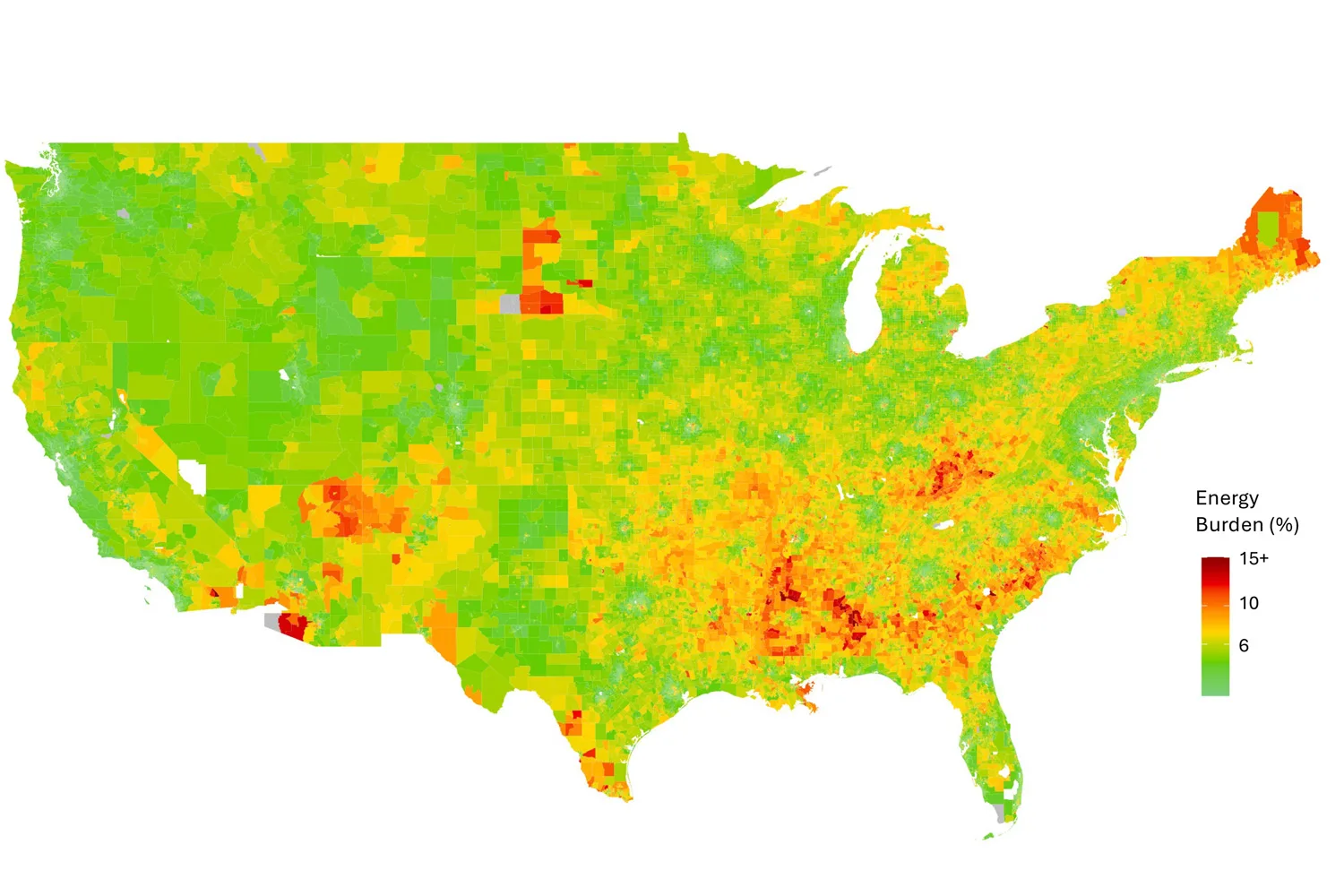Leaders from trade unions and environmental organizations, representing over 250 groups, have issued a strong warning against excessive deregulation as the second von der Leyen Commission intensifies its efforts to protect European industries from competition posed by the US and China.
Civil society advocates emphasize that Europe must not sacrifice workers’ rights or environmental safeguards in pursuit of competitive advantages over the US and China. This appeal comes as the EU executive finalizes its ‘competitiveness compass’, a strategic framework that will shape policymaking under the current European Commission for the next five years.
Initially scheduled for rollout on January 15, the Commission’s first significant initiative has been delayed, with officials citing a lack of maturity in the proposals, clarifying that the postponement was unrelated to President von der Leyen’s recent hospitalization due to pneumonia.
The European Trade Union Confederation, alongside four prominent environmental and climate organizations, has cautioned that any promised “simplification” of EU regulations should not undermine essential civil rights and protective measures. In an open letter supported by over 250 civil society groups from across Europe, they urged policymakers to avoid deregulating vital social and environmental protections deemed “burdensome” by some industry players.
The letter highlights concerns about the potentially perilous discrepancies between assurances from new EU commissioners to uphold Green Deal legislation and their legislative practices. The groups point to a “deeply flawed” one-in-one-out policy that could lead to the elimination of existing regulations in exchange for new energy efficiency rules.
Implementing current green legislation effectively could save governments upwards of €55 billion annually in costs associated with environmental degradation and health issues, the letter asserts.
Key social and environmental protections—encompassing food safety, public health, social insurance, labor regulations, animal welfare, and ecological standards—should not be viewed as burdens, but rather as foundational elements of a resilient and equitable society.
The unions and NGOs further contend that European industries share a portion of the blame for their current challenges, particularly criticizing automobile manufacturers for their slow transition to electric vehicles and their reliance on lobbying to preserve the status quo.
The centre-right European People’s Party (EPP), which is aligned with von der Leyen’s political agenda, prioritizes adjustments to the environmental policies established during the previous commission, specifically regarding corporate due diligence and vehicle emissions standards.
Olivier Hoedeman from Corporate Europe Observatory (CEO) criticized the new Commission’s deregulatory agenda, labeling it a “corporate dream come true” that would allow lobbyists to weaken existing social and environmental standards within established EU laws.
Jan Willem Goudriaan from the European Federation of Public Service Unions warned that the current Commission’s plans could hinder progress on pay transparency and fair taxation, remarking that regulations are essential for ensuring clean water, quality healthcare, and robust public services for Europe’s inhabitants.
When outlining her policy initiatives to the European Parliament in November, von der Leyen indicated that the forthcoming strategy is informed by a report from former European Central Bank head Mario Draghi. The report focuses on bridging the innovation gap with the US and China by merging the EU’s climate and industrial agendas while decreasing reliance on external supply chains.
A spokesperson confirmed that the EU executive intends to unveil the competitiveness compass before month’s end. The Commission has been separately approached for comments regarding the content of the open letter.
Photo credit & article inspired by: Euronews



